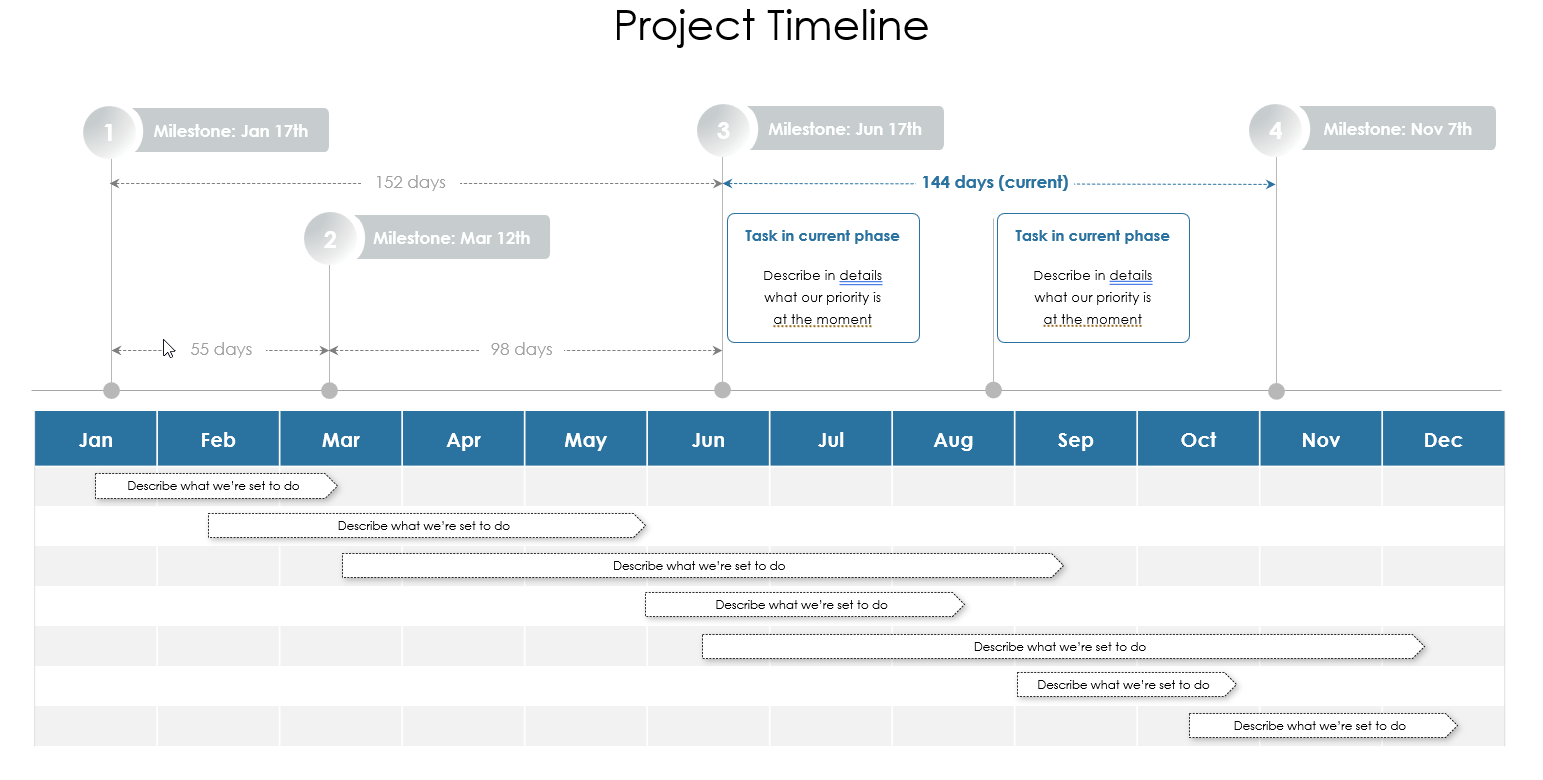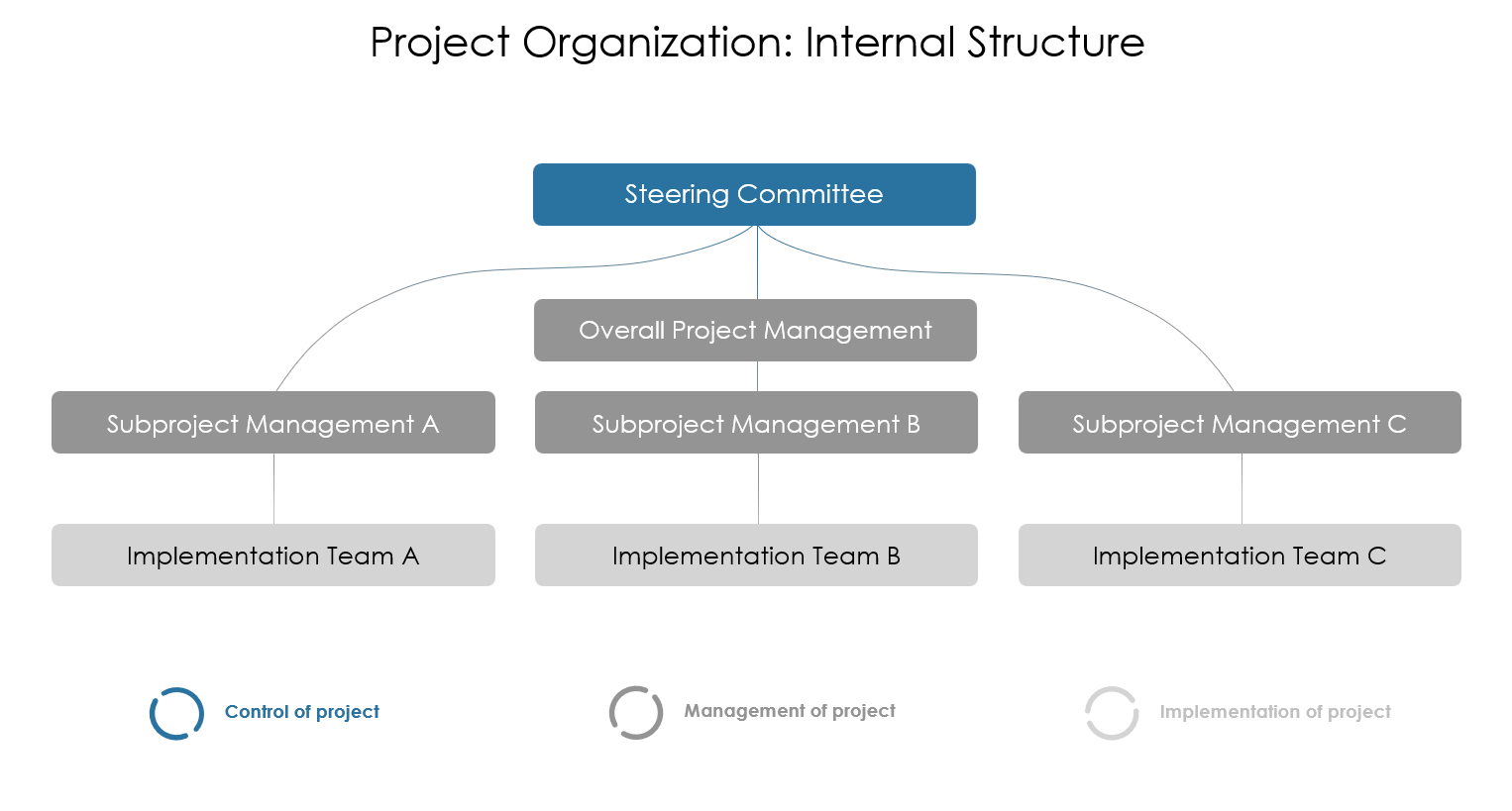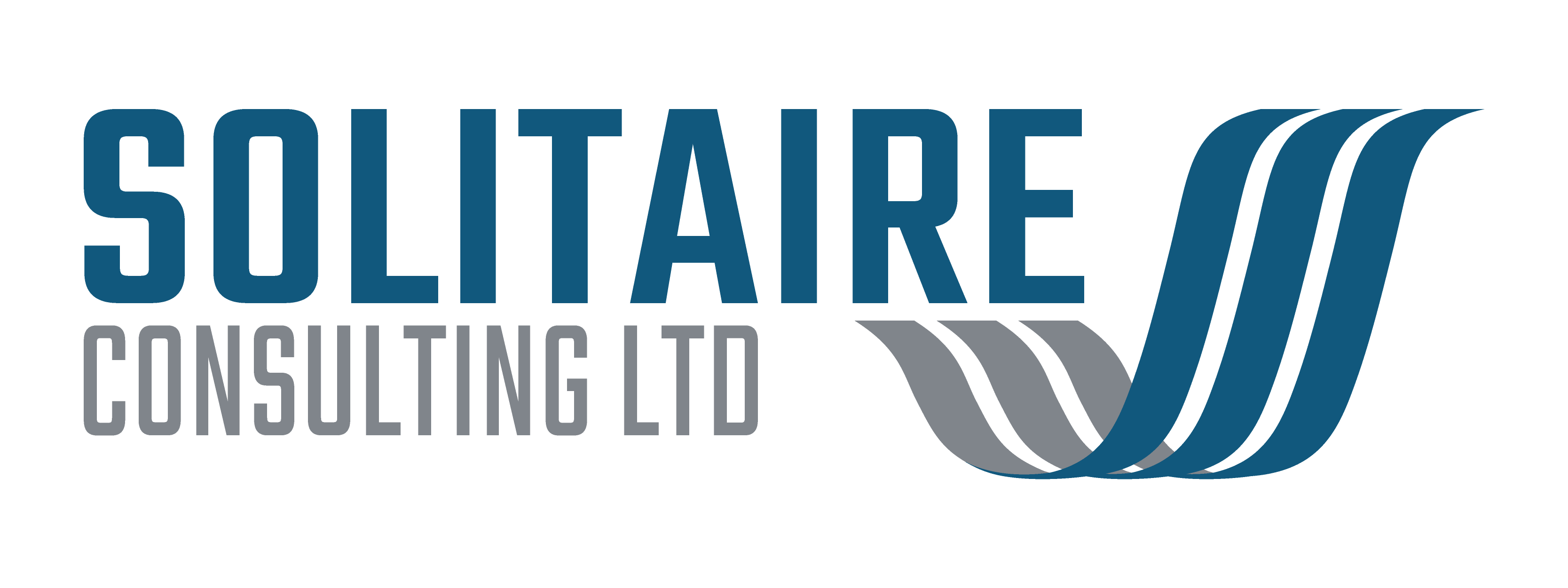Project Management Office
Solitaire Consulting and its Associates have implemented many PMOs for its clients over the past decade. In most of these cases, once established, the PMO is handed over to the organisation for them to manage with the their own teams. However, increasingly we are being asked to continue to provide PMO services on an ongoing basis.
But first what is a PMO?
Definitions of a PMO
Unfortunately this isn’t as straight forward as it should be because the term PMO is often used interchangeably to describe three slightly different concepts:
- Project Management Office – providing standards, templates, administrative support and reporting to one or more project management teams
- Programme Management Office – manages the governance of a programme of change and coordinates the efforts of the programme management team
- Portfolio Management Office – oversees all the projects and programmes of an organisation ensuring they are aligned to the organisational objectives.
However, common to all three, a PMO is ostensibly a group or department that defines, maintains and ensures project management standards across an organization. The PMO can either be internal or external (outsourced) and it is the latter that I will focus on in this article.
Guidance around the differences between Project, Programmes and Portfolios is the subject of an earlier article on this website.
What does a PMO do?
A project management office operates as a centralized and coordinated management hub for all the projects, with the aim to create efficiencies between projects—as well as defining and maintaining standards in the project management process.
PMO’s provide data and insights into projects and programmes across an organization.
The PMO doesn’t always focus solely on standards and project management methodologies. They can also be part of strategic project management by facilitating, or even owning, the project portfolio management process. In this capacity, they can monitor and report on active projects and portfolios to top-tier management and foster strategic decision-making.
Different approaches and roles of PMO
Seeing PMO – The Dashboard

Some PMO’s are simply the dashboard or score keeper of what is going on. The “Seeing PMO” helps you see what is going on, by reporting project progress on a regular basis. Whilst this is really important the PMO doesn’t actually do anything about what it reports.
Saying PMO – The Commentator

Some PMO’s will provide both an update and a commentary, perhaps some explanations, insights or productions. This could be a budget issue, lack or resources, project management issue or poor definition of goals, outputs or outcomes.
Supporting PMO – The Oversight or Facilitator

Some PMO’s may go beyond impartial and objective reporting and become pro-active by offering advice to the project management teams in an attempt to resolve issues without the need to escalate to senior management.
Schooling PMO – The Enabler
Some PMO’s may are even more active, they take responsibility for training project managers and ensuring that they are familiar with the project types and sponsor expectations. Again, the PMO does not deliver the project but is does provide the tools, training, templates and techniques to ensure the project team has the best chance of a successful outcome.
Steering PMO – The Strategy Delivery

Some PMO’s are responsible for delivering or operationalising the strategy. What the board agrees, the Steering PMO implements. At this point the PMO is no longer managing different programmes or projects organising and coordinating their delivery. The PMO decides what will happen when, and will be responsible of the allocation of resources.
Do you need a PMO?
(spoiler alert: if you have multiple projects the answer is yes!)
The best place to start when considering whether or not you need a PMO is to take a good, hard look at how your company operates and see if different segments of it are already working together across systems and groups in harmony, or if they operate as silos with different systems and don’t often talk to each other.
If your company is the latter, then a PMO can help. Also, if you’re about to implement any significant projects or strategy changes — or the strategy you already have isn’t being met, a PMO might be right for your organization.
What is a virtual PMO, and how would it work?
Clearly the different approaches and roles of PMO are like to require different people will different skills, qualification and experience. Someone who can gather information and present the score-card is unlikely also to be the person who can advise on stakeholder management.
An ability to train people on tools, templates and techniques does not necessarily translate to the strategic ability to operationalise strategy.
A virtual PMO offers different combinations of these skills at different times to meet your needs either as a temporary resource during a period of change, a transitional resource whilst the organisation is recruiting internal capacity and capability or as an on-demand resource as circumstances dictate.
What are the advantages of a virtual PMO?
A virtual PMO can be flexible to the project, customer or supplier, perhaps taking a waterfall and PRINCE2 approach for some projects, an agile and scrum approach for others and even a hybrid approach where required.
The PMO can assign the right level of experienced resource at the right time. The effort involved in managing a PMO tends to be cyclical with lots of effort needed to set it up or when starting a major project / programme, but little effort when everything runs smoothly. Most organisations, unless they are of significant size, find it difficult to maintain PMO resources at an appropriate level.
A virtual PMO can be very technical, potentially taking a DevOps approach to technology and innovation or more people orientated with a greater focus on people change, personal growth and team’s facilitation.
If you do lots of projects in your organisation but don’t have a PMO, or if you do have a PMO but find it is not meeting your expectations, then please contact us for an informal discussion.
A project management office operates as a centralized and coordinated management hub for all the projects, with the aim to create efficiencies between projects…




